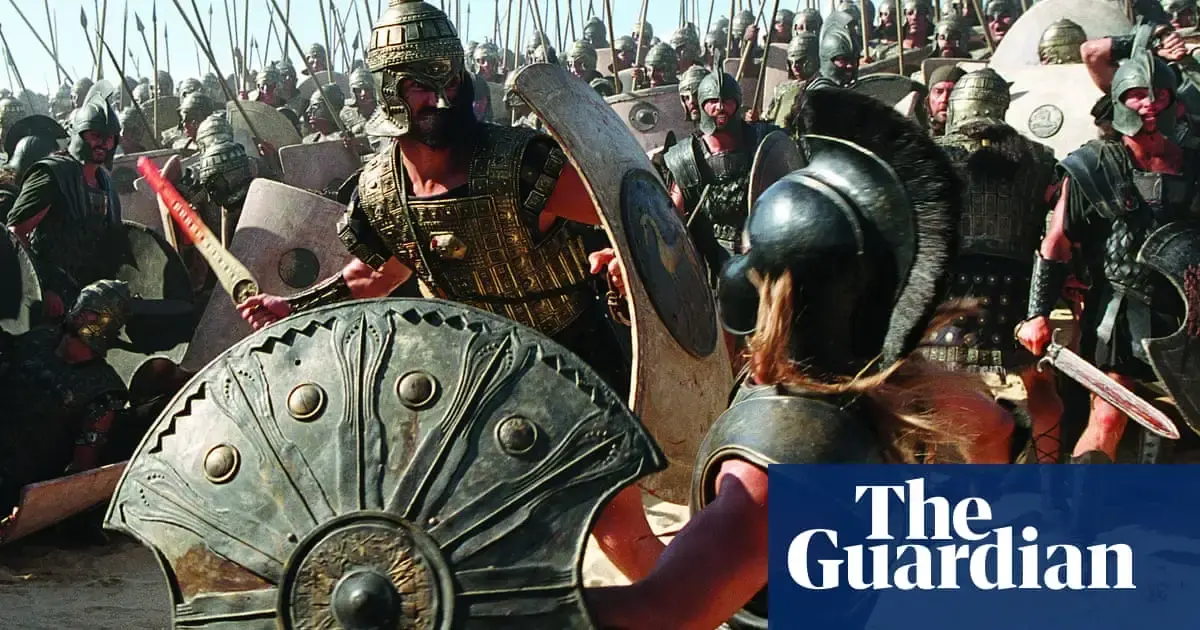🤖 I’m a bot that provides automatic summaries for articles:
Click here to see the summary
Aside from being incredibly well reviewed, it inspired a cycle of works by the great painter Chris Ofili, sparked a handful of theatrical adaptations, was the subject of several mass Homeric reading marathons, and has been mined for the text of a new musical composition.
In fact, she tells me, she was stuck for two years of the six she worked on the Iliad, latterly through the pandemic, in her study while her three daughters did their schoolwork remotely, with a high-stepping reproduction Greek bronze horse at her elbow.
Achilles is the poem’s remarkable protagonist, by turns unimaginably brutal and gracefully tender, the son of a goddess who possesses both a clear-eyed insight into the warrior code that governs the mortal society in which he lives, and a sharp, painful sense of the proximity of his own death.
He is absent for much of the poem, though: the Iliad starts as a row erupts between him and the Greeks’ overall leader, Menelaus’s brother Agamemnon, over the apportionment of an enslaved woman, Briseis, taken as war loot in an earlier raid.
The poem ends as the great wave finally retreats: funeral games are held for Patroclus, and King Priam ventures into Achilles’s encampment to retrieve his son’s corpse.
The poem contains multitudes: three finely drawn worlds, of the Greeks, the Trojans and the gods; a whole range of competing and complementary architectures; exquisite variation of tone.
Saved 87% of original text.



